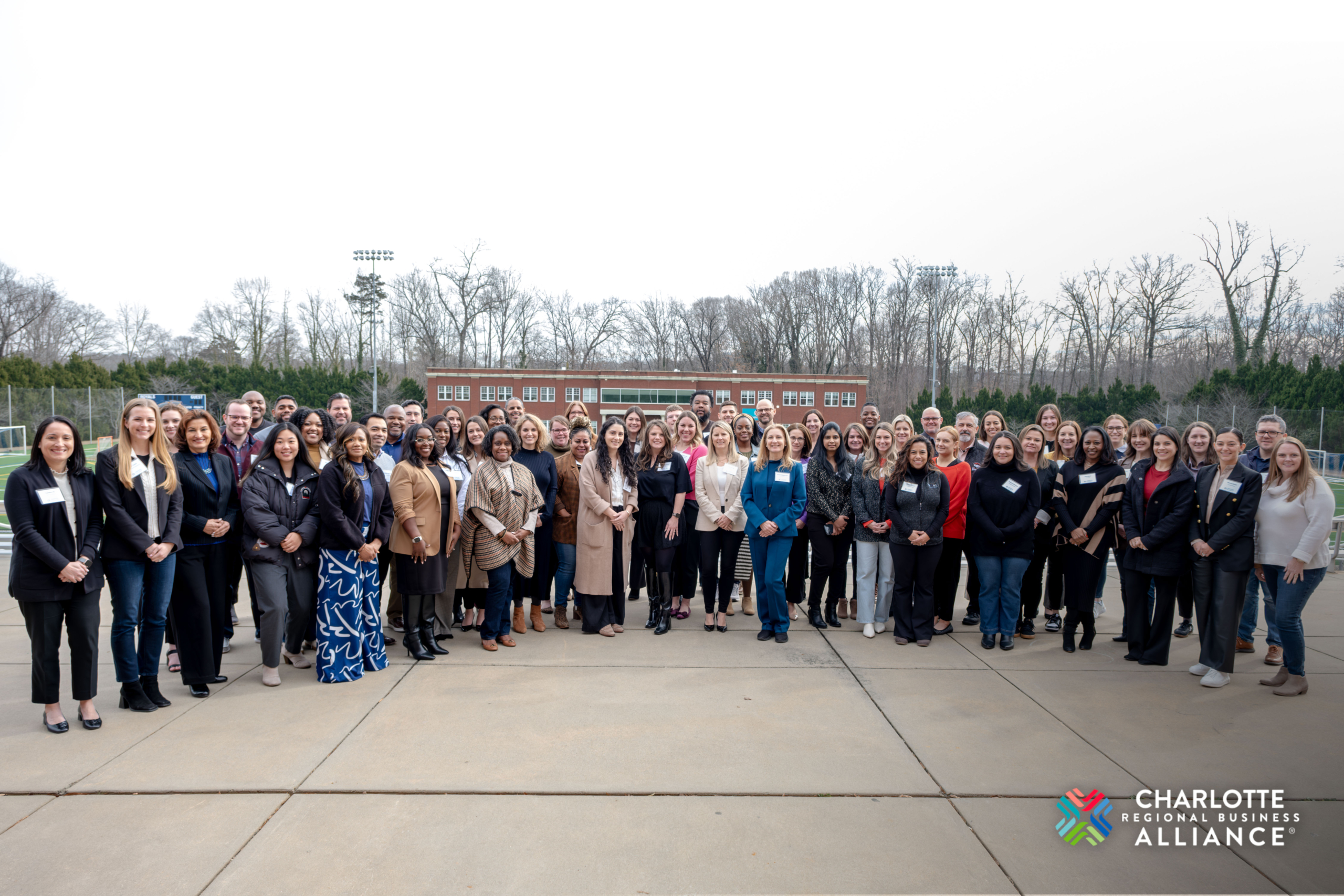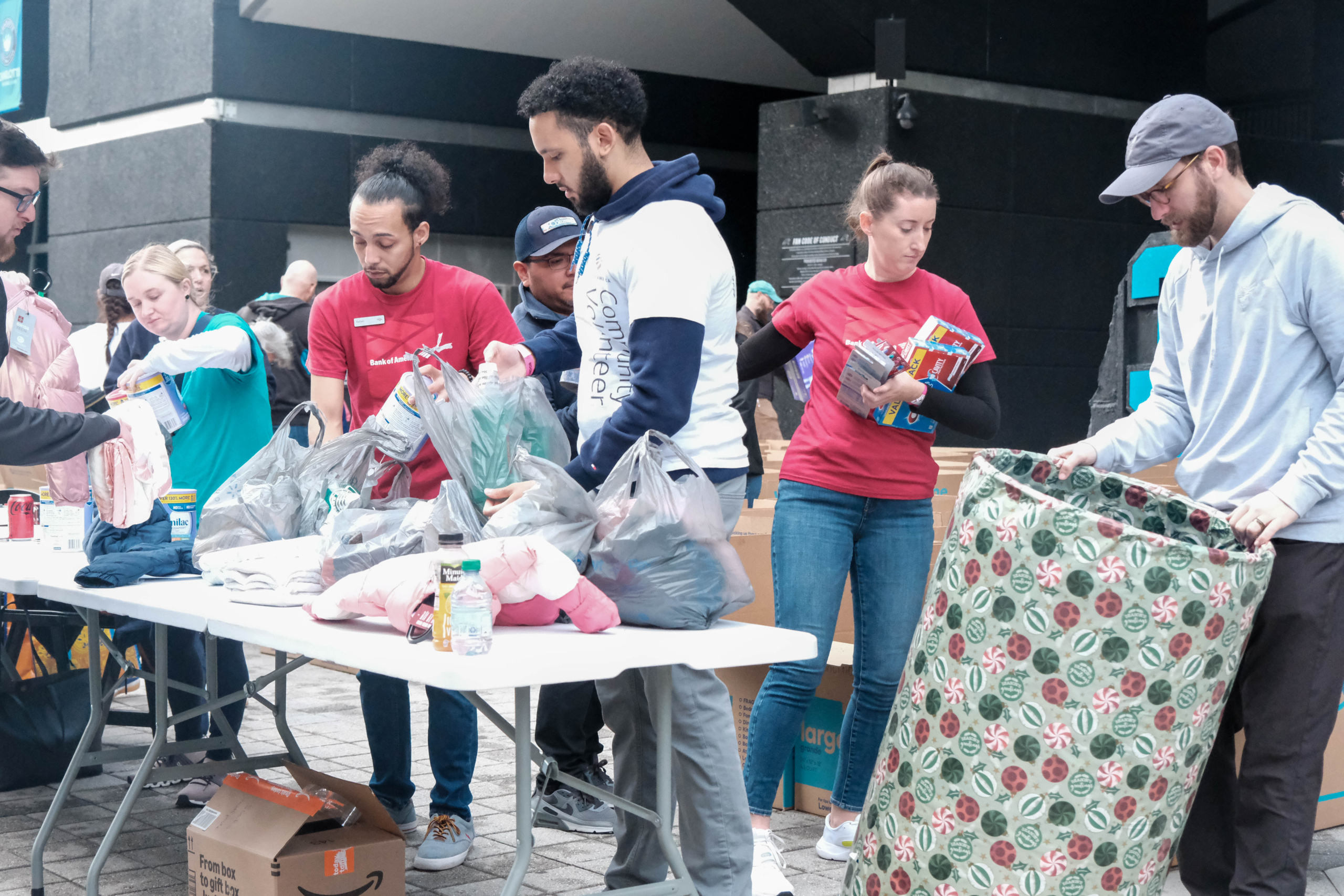More than simply infrastructure investments, the bonds on the Nov. 8 ballot will help sustain Charlotte’s great quality of life and deliver economic opportunities for all city residents.
There are three separate measures totaling $226 million:
- Streets ($146.2 million) for street and intersection projects, traffic control system upgrades, streets resurfacing, measures to improve pedestrian safety, and construction and repairs to bridges, sidewalks, and bike paths.
- Housing ($50 million) for the Charlotte Housing Trust Fund, to help fund construction of affordable and well-maintained housing for low- and moderate-income workers and families in Charlotte. Funds will be allocated for rehabilitating or building new multi-family units; encouraging homeownership in targeted neighborhoods; developing housing for seniors, the disabled and unhoused populations; and acquiring properties for developing mixed-income communities.
- Neighborhoods ($29.8 million) for neighborhoods showing signs of distress and in emerging high-growth areas. Improvements include sidewalks, intersections, streetscapes, curbs and gutters, storm drainage, landscaping and pedestrian lighting.
Here’s how the bonds came to be on the ballot.
The city uses a capital planning and funding process called the Capital Investment Plan (CIP), which charts infrastructure needs over the long term. Like most other cities, we issue bonds to pay for the lion’s share of municipal improvements. City staff organizes the projects and dollar amounts into bond packages that go before voters approximately every two years.
During the annual budgeting process, staff makes a proposal for infrastructure work and related costs, including debt service to issue the necessary bonds. City council approves the scope of work and approves placing bonds on the ballot.
The city dedicates a portion of property and sales tax receipts and other revenues to fund the CIP. This cash flow enables the city to cover debt service for the $226 million total for this year’s bond package until the debt is paid off. This means voting “yes” will NOT raise your property taxes. Period. On the other hand, a “no” vote will not lower property taxes either.
In fact, Charlotte has a “AAA” credit rating — the highest possible grade a municipality may receive — in large part because of how we manage our capital program. The AAA rating makes bonds a low-risk investment for lenders and enables the city to borrow money at lower interest rates.
Bottom line: The CIP reflects effective fiscal policy and stewardship of taxpayers’ dollars for funding investments that will have a positive impact citywide.
The housing bonds will help provide needed housing for low- and moderate-wage households. Ensuring that every citizen has a safe, quality, and affordable place to live is a basic need. And because many of these residents work in our health care, hospitality, education, and other important sectors, their ability to find decent places to live is vital to the regional economy.
The neighborhood improvement bonds will protect and enhance the quality of life in our residential areas, with targeted and comprehensive improvements in the city’s six Corridors of Opportunity as well as the Applied Innovation Corridor in University City.
And the street bond will invest in our transportation corridors to address issues of vital, daily importance to local drivers and pedestrians: relieving traffic, safer intersections, improved walkability, expanded bike paths, and repairing and replacing old bridges and sidewalks.
The city bonds on the Nov. 8 ballot offer an opportunity to keep investing in the Charlotte that we all call home. Saying “yes” to all three bond questions will keep Charlotte moving forward.



